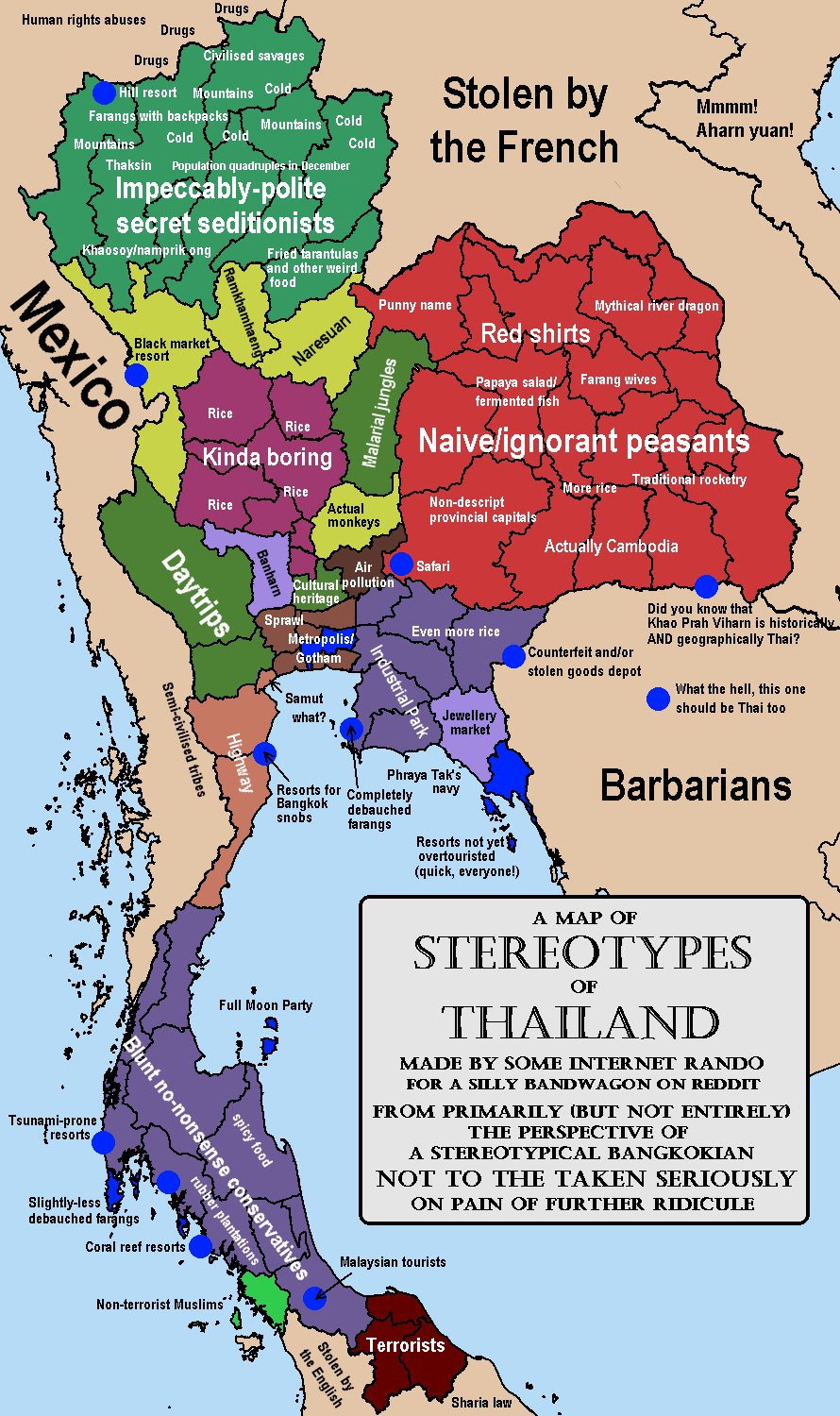“If an intelligence law is not well-conceived and rational, it could easily become a formidable weapon of repression. An intelligence law should not only protect citizens against terrorism, but also against the State. We in France are doing neither. There is a total absence of control in this law.” – Marc Trévidic, former chief terrorism investigator for the French judicial system
In recent months, and in the wake of a series of terrorist attacks across Europe, Germany, France and the United Kingdom — Europe’s biggest superpowers — have passed laws granting their surveillance agencies virtually unfettered power to conduct bulk interception of communications across Europe and beyond, with limited to no effective oversight or procedural safeguards from abuse.
...

